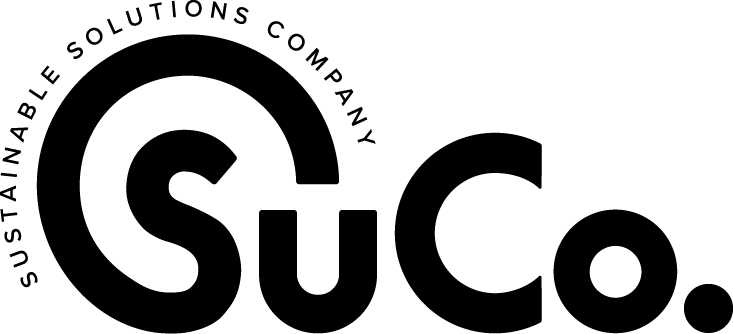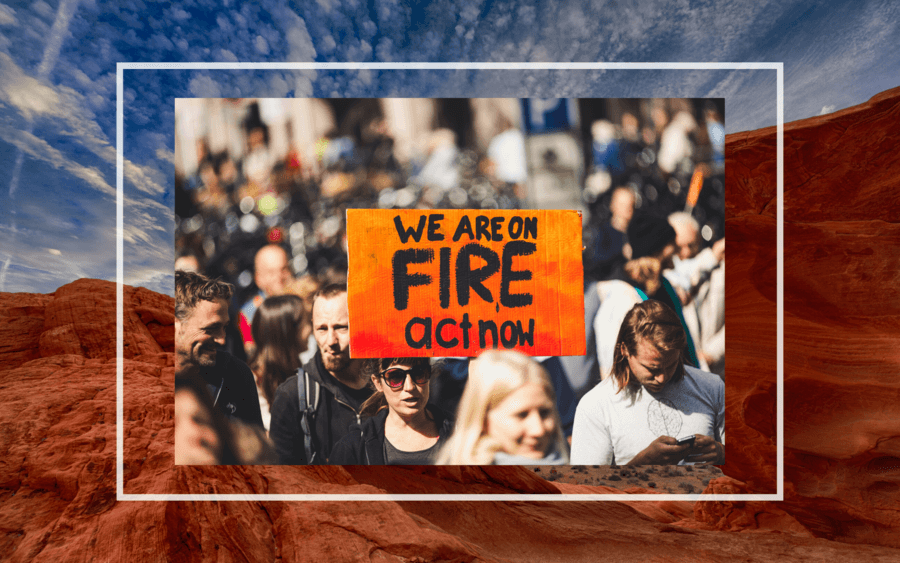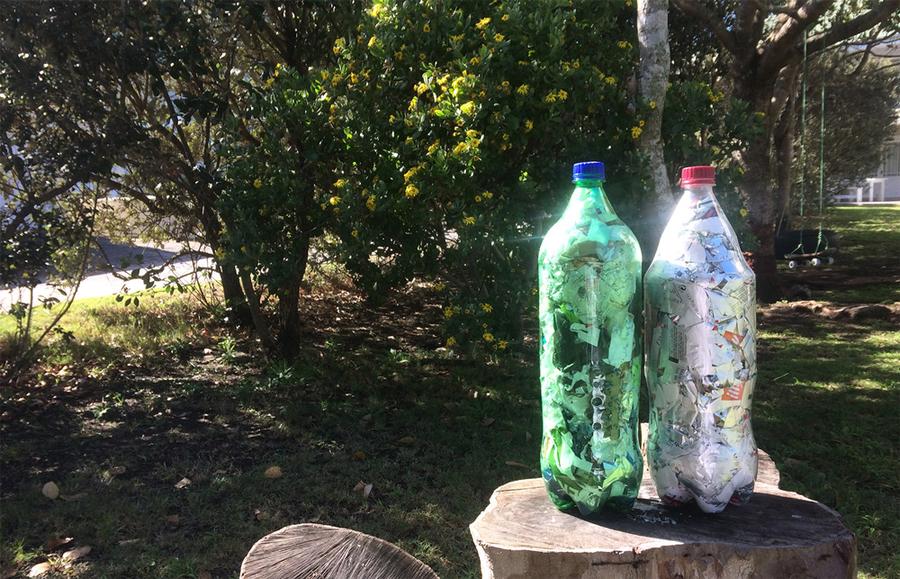UN Secretary-General Ban Kki-Moon defines climate change as “The biggest common problem we have ever faced as a human family”. Especially Australian fires; unusual droughts, melting glaciers, rising sea levels, sudden rains, flooded agricultural areas. Yes, the climate is changing at an unbelievable rate, and now it's our turn to change. As SuCo, we have full faith in humanity, we know that if we want, we can succeed and change the course. Let's see why and how.
To take a step towards global climate change, we must first understand its definition and the factors that cause it. What is climate change? First of all, let's start by saying that it is a misconception that greenhouse gases, contrary to popular belief, only have a negative impact on the planet. Greenhouse gases, with their ability to regulate the heat balance, actually play a very important role in our world. By trapping heat, they make the world habitable.

Think of it this way, if there were no greenhouse gases, the average temperature of the earth would be around -18°C (WWF Turkey). Luckily they exist as long as they continue their natural processes. The real problem starts with the increase in the intensity of greenhouse gases more than normal. The world is starting to get hotter when greenhouse gases are in excess.
What are the Causes of Climate Change?
So what are the reasons for this? We, as human beings, are the footprints that we leave behind in every action. We take without thinking and that turns around with negative effects in nature. The biggest factor is the rate at which we use coal, oil, and gasoline. With our own hands, we increase the consumption of fossil fuels and open the door to carbon dioxide emissions. When so much carbon dioxide is mixed into the atmosphere, the temperature will inevitably arise. According to the IPCC, 56% of anthropogenic greenhouse gas emissions in 2004, belong to carbon dioxide from fossil fuel use alone.
There are also so many physical effects on nature. ClimateIN is a project funded by the EU and run by the We global-led consortium. According to Prof. Dr. Aslı Akay’s report (2019), first of all, there is a change in humidity in the atmosphere. This causes flooding, heavy rainfall, changes in soil chemistry and groundwater structure, and many other potential problems. Sea levels are increasing due to the melting of glaciers, and dozens of cities and agricultural areas built on seashores are at risk of being flooded.

There are temperature changes, as global temperatures increase, the amount of carbon dioxide in seawater changes and this makes the seas more acidic. As you can imagine, more acidic seas pose a great threat to the life of sea creatures. The destruction of the coral ecosystem in Queensland, the disappearance of algae on Macquarie Island, the death of fish due to decreased precipitation in the Murray-Darling Basin, all these negative things are an effect of climate change.

And drought. Erosion salinity, food crisis, sudden rains increasing floods, flooding of agricultural lands... 70% of our country, especially located in the Mediterranean Basin, consists of semi-arid - arid meadows and moist - semi-humid lands. Therefore, Turkey is one of the most sensitive regions to climate change. Good news, T.C. The Ministry of Agriculture and Forestry is implementing a plan called “Agricultural Drought Combat Strategy and Action Plan” to combat agricultural drought. According to this plan, various meteorological data are regularly monitored and used for early warning.
We would like to share with you some of the data of the Future of Turkey Project Final Report (2010) carried out by WWF Turkey. According to this report, the main effects of climate change in our country will be as follows: The temperature increase will be limited until the end of 2030, but from these dates, the temperatures will increase rapidly in Turkey and especially in the Konya Basin. It will reach around 6°C, and there will be serious decreases in winter precipitation in the southern parts of Turkey, while increases will be seen in the northern parts.
Climate Change: What Can We Do?
What about us? Aren't we the only ones who have the power to change things in the face of this whole picture? So what are we waiting for, let's look at what we can do individually to prevent climate change.

We can end our use of single-use plastic and find sustainable alternatives such as reusable flasks, metal straws, cloth bags, recycle to prevent the formation of carbon dioxide and methane gas, plant trees, reduce air travel, and take steps to change the wrong points in our consumption habits. When leaving the rooms, take care that the lights and air conditioners are turned off, avoid using water unnecessarily, try to make ourselves with natural materials at home instead of buying cleaning products such as detergents, collect organic wastes and compost, use energy resources efficiently, use public transport or bicycle as much as possible, we may prefer walking distances.
As you see, there are so many things we can do! For example, even a small change such as washing clothes with cold water has an important positive return in this regard: you do not use the kettle, so you produce less greenhouse gas emissions. Or, using eco-friendly bulbs. Some LED bulbs are known to consume 90% less than normal ones.
Reducing your consumption of red meat and dairy products is likewise a step where you can greatly reduce your footprint. According to a study from Oxford University, reducing the consumption of these products allows a person to reduce their carbon footprint by 2/3. You can consume locally-produced foods, support locals, and reduce your food waste.
Let's get started today. Let's either get a SuCo, start composting, or take a step to raise awareness around us; but let's just take that step. Because now it's our turn to change.
In this article, we talked about The Climate Is Changing, Are You Changing. In our previous article: https://suco.uk/blogs/news/the-story-of-a-disposable-pet-bottle





Leave a comment
This site is protected by hCaptcha and the hCaptcha Privacy Policy and Terms of Service apply.